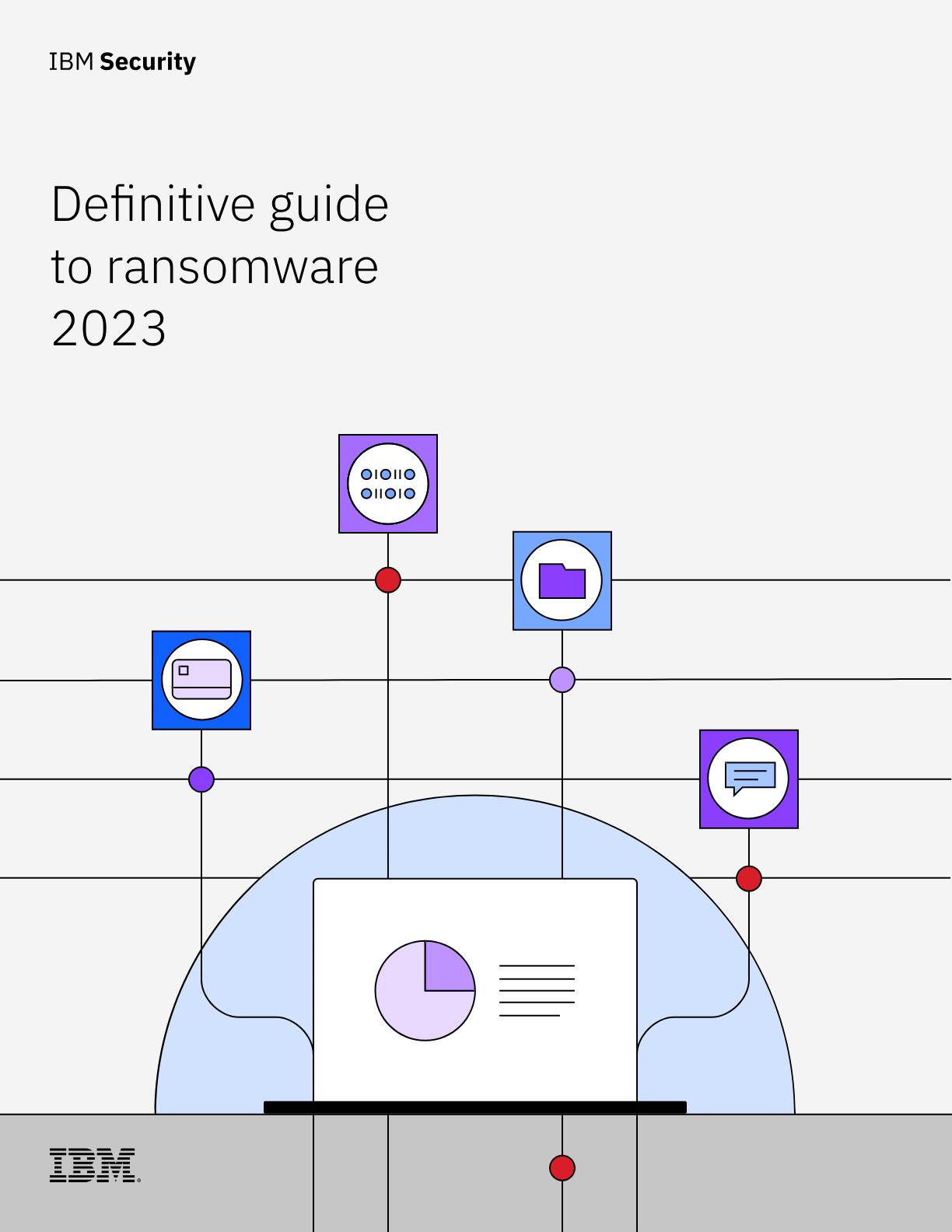Incorrectly copying people into emails could get you fined under new ICO guidelines
New guidance from the UK’s data regulator will help prevent unnecessary exposure of personal information in bulk email chains


Sign up today and you will receive a free copy of our Future Focus 2025 report - the leading guidance on AI, cybersecurity and other IT challenges as per 700+ senior executives
You are now subscribed
Your newsletter sign-up was successful
Organizations across the UK could face fines for inadvertently copying people into email chains under new guidelines published by the country’s data regulator.
The Information Commissioner’s Office (ICO) has advised businesses to “use alternatives” to the blind carbon copy (BCC) function when sending bulk emails that contain potentially sensitive information.
The warning from the regulator coincides with the publication of new guidance detailing how organizations can improve data protection practices relating to email communications.
Best practice advice from the ICO suggests that organizations using “large amounts of data” should consider using alternative means to the BCC function to prevent exposure of personal information.
The guidance also recommends improving training regimes for staff to cultivate a stronger understanding of data protection regulations and their application in email communications.
Mihaela Jembei, ICO director of regulatory cyber, said the new guidelines will provide organizations with a clear-cut framework for best practices, and warned that those found to be operating negligently could be reprimanded.
“This new guidance is part of our commitment to help organizations get email security right,” she said.
Sign up today and you will receive a free copy of our Future Focus 2025 report - the leading guidance on AI, cybersecurity and other IT challenges as per 700+ senior executives
“However, where we see negligent behavior that puts people at risk of harm, we will not hesitate to use the full suite of enforcement tools available to us.”
Responding to recent data breaches
The new guidance comes in direct response to a slew of data breaches related to email communications, which the regulator described as a “catalog of business blunders”.
An investigation into the issue from the ICO found that incorrect use of the BCC function is frequently in the top 10 of non-cyber-related breaches, with nearly 1,000 incidents reported since 2019.
“Failure to use BCC correctly in emails is one of the top data breaches reported to us every year,” Jembei said. “These breaches can cause real harm, especially where sensitive personal information is involved.
RELATED RESOURCE

Definitive guide to ransomware 2023
This document provides guidance on what organizations should do before, during, and after a ransomware attack.
“While BCC can be a useful function, it's not enough on its own to properly protect people's personal information. We’re asking organizations to assess the nature of the information and the potential security risks when deciding on the best method to communicate with staff or customers."
Failures were found to be a recurring theme across a range of industries, with organizations in the education sector, healthcare, local government, and retail among the most frequently reported for email-related issues.
The regulator has taken a tougher stance on email-linked data breaches in recent years. In 2022 the Tavistock and Portman NHS Trust was fined £78,400 for exposing the email addresses of over 1,700 gender identity patients.
More recently, it reprimanded two Northern Ireland-based organizations for wrongly disclosing people’s information in an email chain. The ICO also issued a reprimand to NHS Highland in March after data belonging to people accessing HIV services was exposed.
The regulator described the incident as a “serious breach of trust” that put users of the service at risk.

Ross Kelly is ITPro's News & Analysis Editor, responsible for leading the brand's news output and in-depth reporting on the latest stories from across the business technology landscape. Ross was previously a Staff Writer, during which time he developed a keen interest in cyber security, business leadership, and emerging technologies.
He graduated from Edinburgh Napier University in 2016 with a BA (Hons) in Journalism, and joined ITPro in 2022 after four years working in technology conference research.
For news pitches, you can contact Ross at ross.kelly@futurenet.com, or on Twitter and LinkedIn.
-
 Sumo Logic expands European footprint with AWS Sovereign Cloud deal
Sumo Logic expands European footprint with AWS Sovereign Cloud dealNews The vendor is extending its AI-powered security platform to the AWS European Sovereign Cloud and Swiss Data Center
-
 Going all-in on digital sovereignty
Going all-in on digital sovereigntyITPro Podcast Geopolitical uncertainty is intensifying public and private sector focus on true sovereign workloads
-
 LastPass hit with ICO fine after 2022 data breach exposed 1.6 million users – here’s how the incident unfolded
LastPass hit with ICO fine after 2022 data breach exposed 1.6 million users – here’s how the incident unfoldedNews The impact of the LastPass breach was felt by customers as late as December 2024
-
 23andMe 'failed to take basic steps' to safeguard customer data
23andMe 'failed to take basic steps' to safeguard customer dataNews The ICO has strong criticism for the way the genetic testing company responded to a 2023 breach.
-
 AI recruitment tools are still a privacy nightmare – here's how the ICO plans to crack down on misuse
AI recruitment tools are still a privacy nightmare – here's how the ICO plans to crack down on misuseNews The ICO has issued guidance for recruiters and AI developers after finding that many are mishandling data
-
 “You must do better”: Information Commissioner John Edwards calls on firms to beef up support for data breach victims
“You must do better”: Information Commissioner John Edwards calls on firms to beef up support for data breach victimsNews Companies need to treat victims with swift, practical action, according to the ICO
-
 LinkedIn backtracks on AI training rules after user backlash
LinkedIn backtracks on AI training rules after user backlashNews UK-based LinkedIn users will now get the same protections as those elsewhere in Europe
-
 UK's data protection watchdog deepens cooperation with National Crime Agency
UK's data protection watchdog deepens cooperation with National Crime AgencyNews The two bodies want to improve the support given to organizations experiencing cyber attacks and ransomware recovery
-
 ICO slams Electoral Commission over security failures
ICO slams Electoral Commission over security failuresNews The Electoral Commission has been reprimanded for poor security practices, including a failure to install security updates and weak password policies
-
 Disgruntled ex-employees are using ‘weaponized’ data subject access requests to pester firms
Disgruntled ex-employees are using ‘weaponized’ data subject access requests to pester firmsNews Some disgruntled staff are using DSARs as a means to pressure former employers into a financial settlement